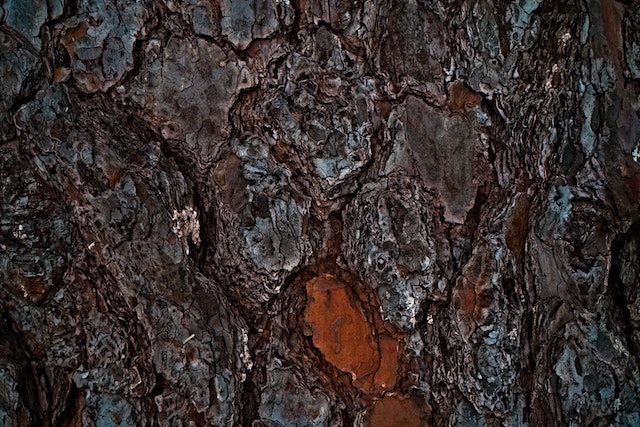Stephen Hawking, the renowned physicist and cosmologist, captivated the world with his groundbreaking theories on black holes. One of his most intriguing proposals involved the possibility of creating black holes right here on Earth. While this idea may sound like the stuff of science fiction, Hawking’s scientific reasoning suggests that it could be within the
Stephen Hawking, the renowned physicist and cosmologist, captivated the world with his groundbreaking theories on black holes. One of his most intriguing proposals involved the possibility of creating black holes right here on Earth. While this idea may sound like the stuff of science fiction, Hawking’s scientific reasoning suggests that it could be within the realm of possibility.
At the heart of Hawking’s proposal lies the concept of microscopic black holes. These black holes would be incredibly small, far smaller than any astronomical black hole. To create them, scientists would need to concentrate an immense amount of energy within a tiny space. The idea is to compress matter to such extreme densities that a black hole could potentially form.
The primary avenue for achieving such energy concentration is through the use of particle accelerators. These powerful scientific instruments, like the Large Hadron Collider (LHC), accelerate particles to high speeds and collide them together. In these collisions, energies are released on a scale similar to those witnessed during the early moments of the universe’s existence. It is under these extreme conditions that the creation of microscopic black holes becomes a theoretical possibility.
However, it’s crucial to emphasize that the energies currently achievable in particle accelerators are far from sufficient to create black holes that pose any danger. The energy levels involved in these experiments are many orders of magnitude lower than what would be required to form stable black holes. Theoretical calculations indicate that the energy necessary for black hole creation is far beyond our current technological capabilities.
Furthermore, even if microscopic black holes were created, they would exist only fleetingly. Hawking himself made groundbreaking contributions to our understanding of black holes through his work on Hawking radiation. According to his research, black holes emit radiation due to quantum effects near their event horizons, causing them to gradually lose energy and eventually evaporate. The smaller the black hole, the faster this process occurs. Thus, any microscopic black holes formed on Earth would evaporate almost instantaneously, posing no threat to our planet.
While the creation of black holes on Earth remains beyond our present capabilities, the idea serves a valuable purpose in advancing our understanding of the universe. It offers insights into the fundamental laws of physics, particularly the interplay between general relativity and quantum mechanics. By pushing the boundaries of our knowledge, scientists can explore the behavior of matter under extreme conditions and test various theoretical models.
It’s important to note that scientific exploration always goes hand in hand with safety and ethical considerations. Researchers meticulously assess risks and follow strict safety protocols when designing and operating particle accelerators or conducting experiments with potentially high energy outputs. The goal is to advance scientific knowledge while ensuring the well-being of both researchers and the planet.
In conclusion, while the idea of creating black holes on Earth may sound sensational, the current scientific understanding and technological capabilities suggest it remains beyond our reach. However, Stephen Hawking’s proposal sparks curiosity and drives the exploration of black holes in the laboratory. It challenges scientists to push the boundaries of knowledge and uncover new insights into the mysteries of the universe.

















Leave a Comment
Your email address will not be published. Required fields are marked with *